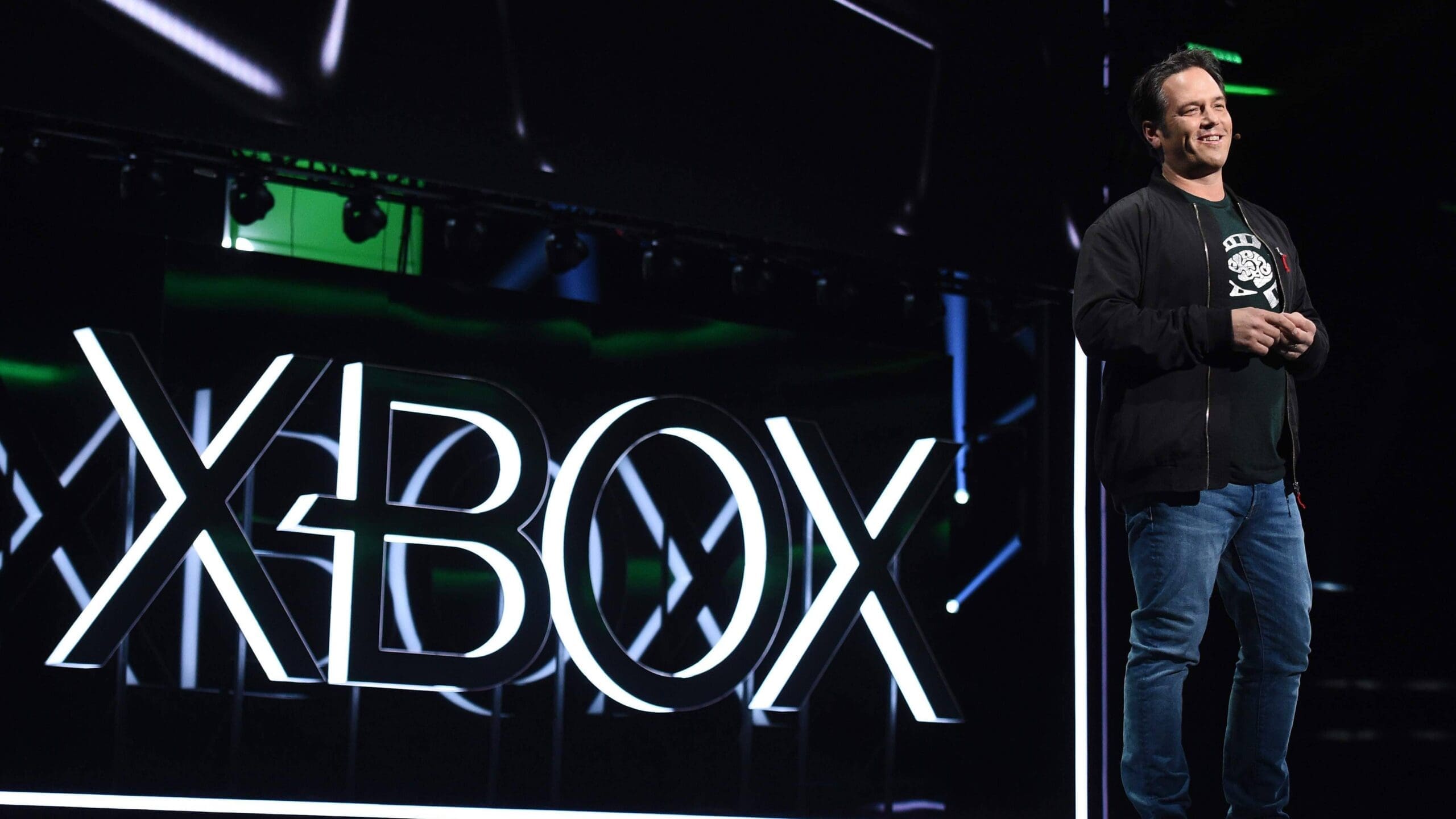Microsoft’s recent hike in Xbox Game Pass Ultimate prices and the introduction of a new “Standard” tier have sparked concerns about the future of gaming subscription services. While these services offer access to a vast library of games for a relatively low monthly fee, they may also have detrimental effects on game development and consumer choice. Additionally, these price increases reflect broader issues within Microsoft’s gaming division, suggesting that the company may be struggling to maintain its identity and deliver consistent value to its players.
Increasing Subscription Costs and New Tiers
Microsoft has announced that the price for Xbox Game Pass Ultimate will rise to $19.99 per month starting in September, a $3 increase from the current $16.99. Similarly, PC Game Pass subscribers will see an increase from $9.99 to $11.99 per month. Alongside these hikes, a new Xbox Game Pass Standard subscription, priced at $14.99 per month, will be introduced. However, this new tier will not include day-one access to first-party Xbox games, which diminishes its value compared to the previous console subscription offering.
These changes are part of Microsoft’s broader strategy to integrate high-profile titles like Call of Duty: Black Ops 6 into their service, ostensibly justifying the price increase. However, this strategy has sparked concerns among both consumers and industry regulators.
Steady Price Hikes: A Subscription Ditch
Microsoft’s steady price hikes have placed them in what can be described as a “subscription ditch.” The company has become increasingly reliant on subscription revenue to support its gaming division, but this model comes with significant risks. Continuous price increases can erode consumer trust and satisfaction, leading to potential subscriber loss, especially if the perceived value of the service diminishes.
Despite acquiring several studios, Microsoft has struggled to publish a standout AAA hit that draws in and retains players. Flagship franchises like Halo have suffered under this model. The release of Halo Infinite by 343 Industries was marred by delays and an incomplete launch, failing to live up to the series’ legacy. Additionally, the cancellation of the Halo TV series due to poor viewership and significant deviations from established lore further tarnishes the franchise’s reputation.
Consumer Impact
The Federal Trade Commission (FTC) has voiced strong opposition to these changes, labelling the new Standard tier a “degraded product.” The FTC argues that this move exemplifies the negative impacts of Microsoft’s market power post-merger with Activision Blizzard, which was finalized last October. The FTC’s filing criticizes Microsoft for increasing prices while reducing product value, which could harm consumers by making valuable game content less accessible and more expensive.
For consumers, the increasing costs of subscription services are becoming a significant burden. As subscription prices rise, the cumulative cost of maintaining access to various gaming and entertainment services can become prohibitive. This mirrors a broader trend seen in the streaming industry, where multiple subscriptions are required to access a wide range of content, leading to higher overall costs and potential consumer fatigue.
Development and Market Dynamics
For game developers, the shift towards subscription-based models like Game Pass can have complex implications. On one hand, these services provide a steady revenue stream and broad exposure. On the other hand, they can pressure developers to prioritize quantity over quality, leading to rushed or incomplete games. Smaller indie developers might find it particularly challenging to compete on these platforms, potentially stifling innovation and diversity in game development.
Moreover, as subscription services grow, there is a risk that games could become more homogenized, with developers incentivized to create content that appeals to the broadest audience rather than taking creative risks. This could lead to a decline in the overall quality and diversity of games available.
Xbox’s Identity Crisis
Xbox management seems to be on a downhill trajectory, struggling to define its identity in the highly competitive gaming market. Despite making significant strides under Phil Spencer’s leadership, recent decisions have left many questioning the direction of the brand. The failure to consistently deliver high-quality, exclusive content and the mishandling of key franchises like Halo have further exacerbated this identity crisis.
The reliance on subscription models has not translated into a strong lineup of exclusive games, and the company’s strategy appears fragmented. The continuous price hikes and restructuring of Game Pass tiers suggest that Microsoft is scrambling to find a sustainable business model that satisfies both investors and consumers, but the current approach may not be the answer.
In Closing
Microsoft’s decision to raise Game Pass prices and restructure its subscription tiers reflects the company’s strategy to capitalize on high-profile game additions. However, these changes pose significant challenges for consumers, who face higher costs and reduced service value, and for developers, who may struggle with the pressures of subscription-based models.
As regulatory bodies like the FTC continue to scrutinize these practices, the gaming industry must navigate the delicate balance between profitability and maintaining consumer trust and developer creativity. Xbox’s current trajectory indicates a need to reevaluate its long-term strategy to ensure it can deliver consistent value and innovation in the gaming landscape.





